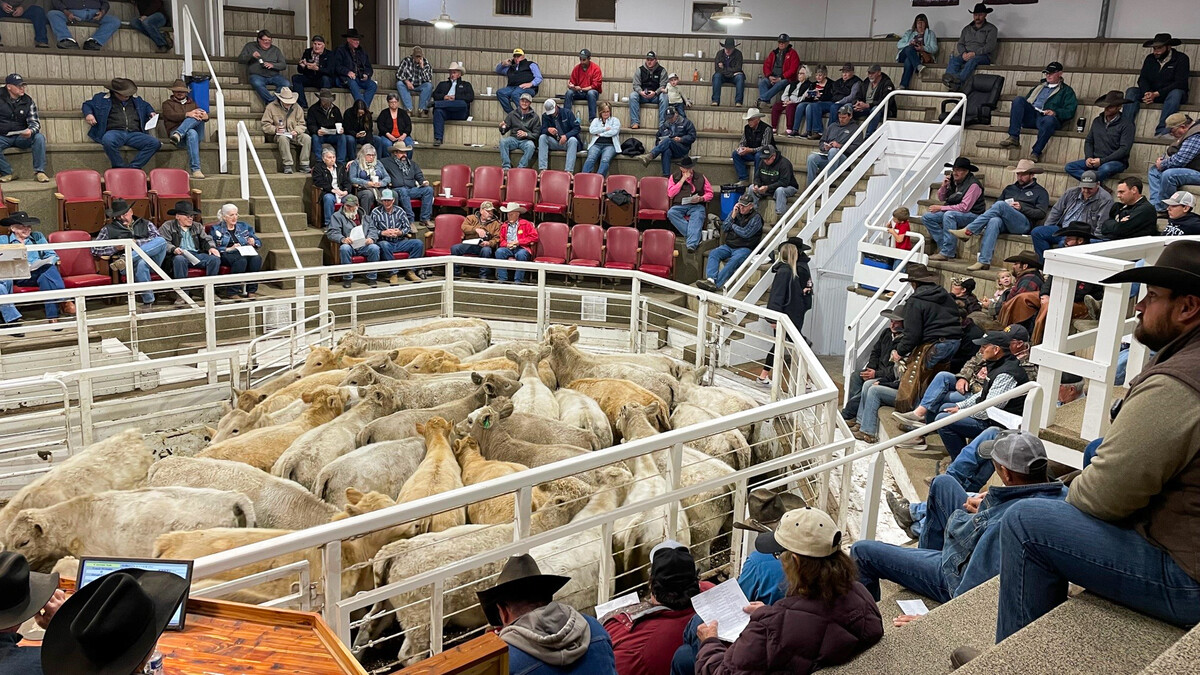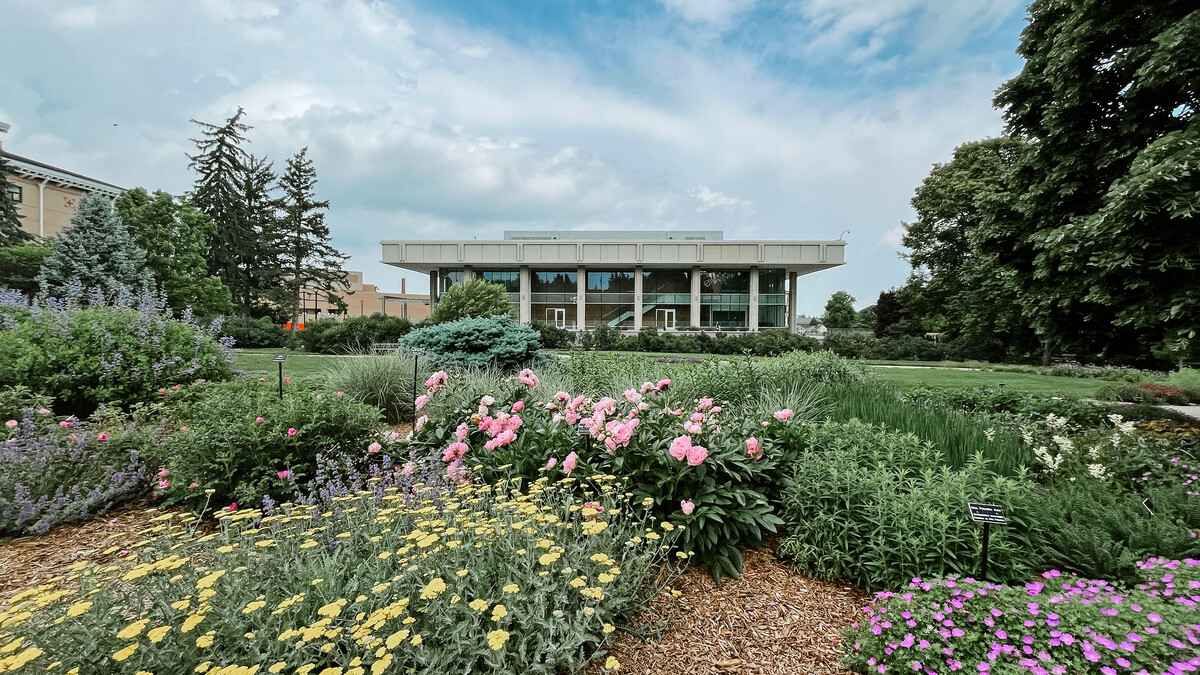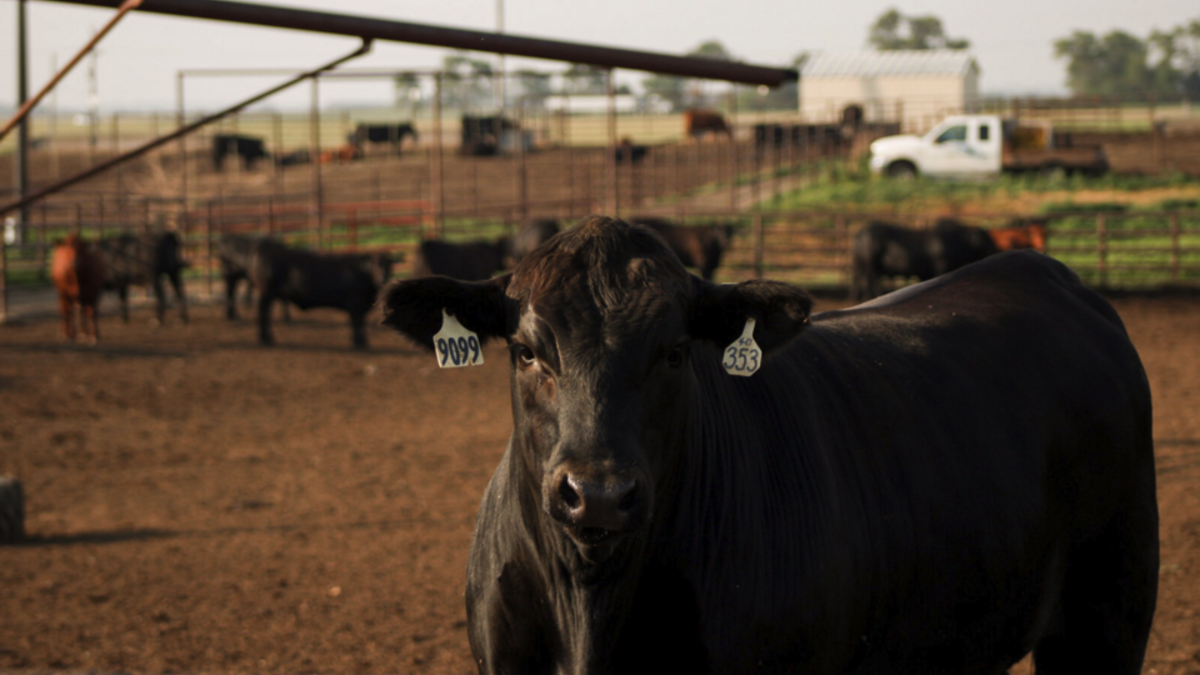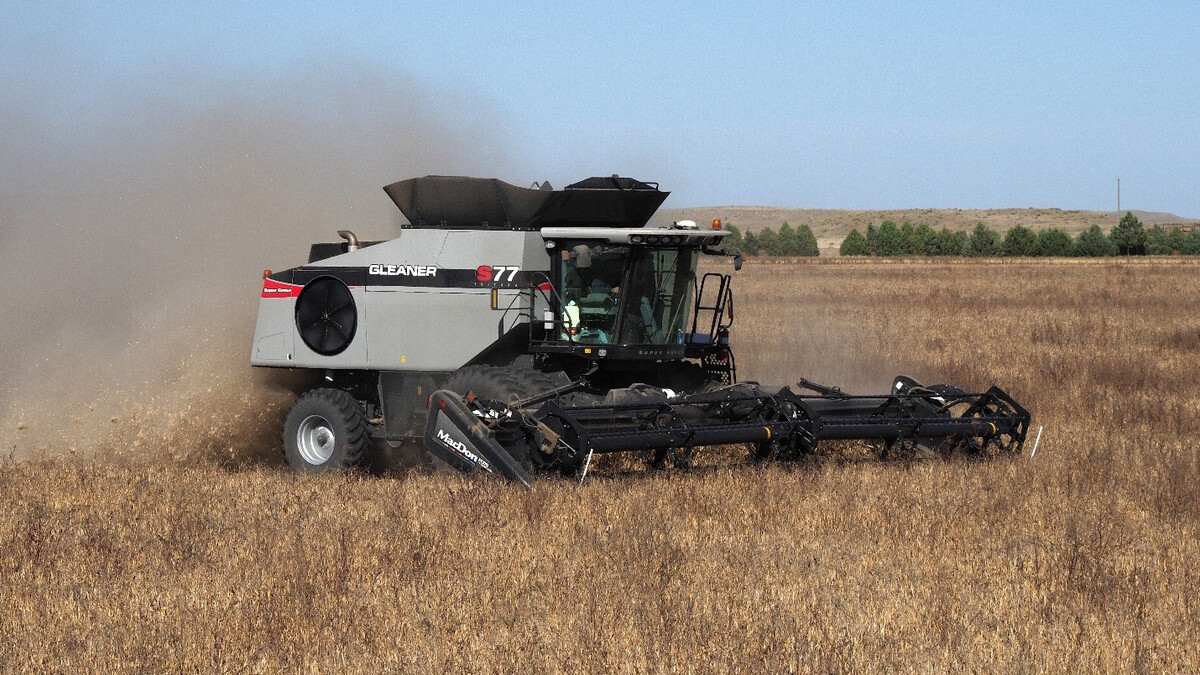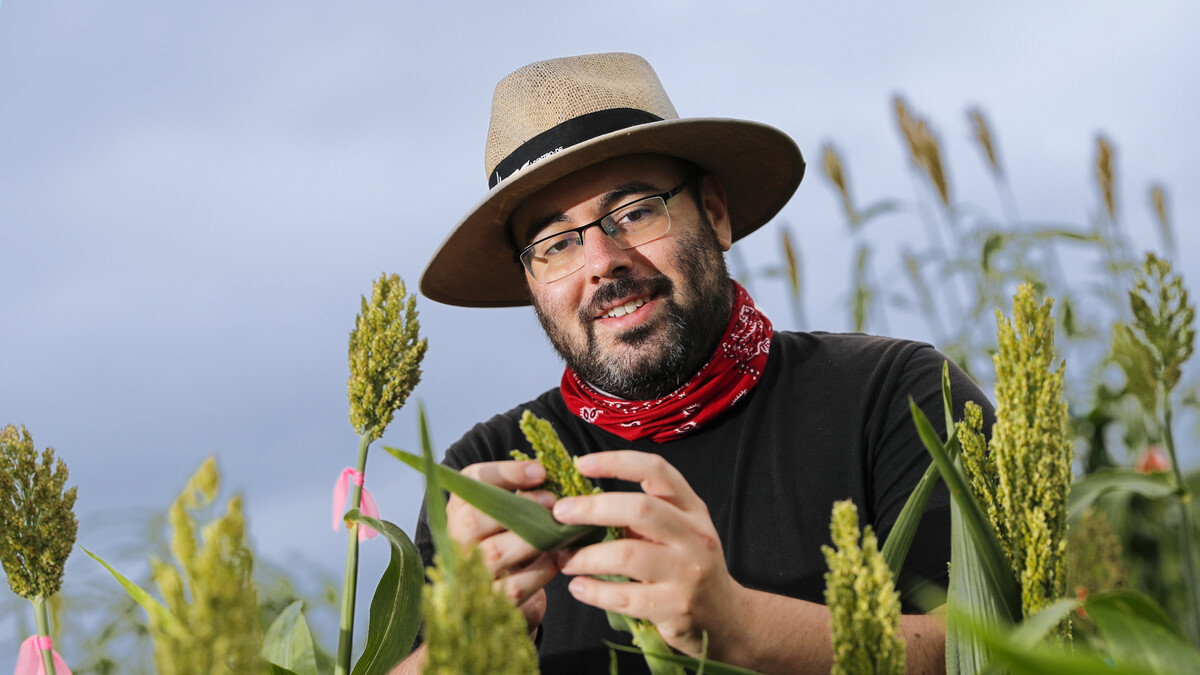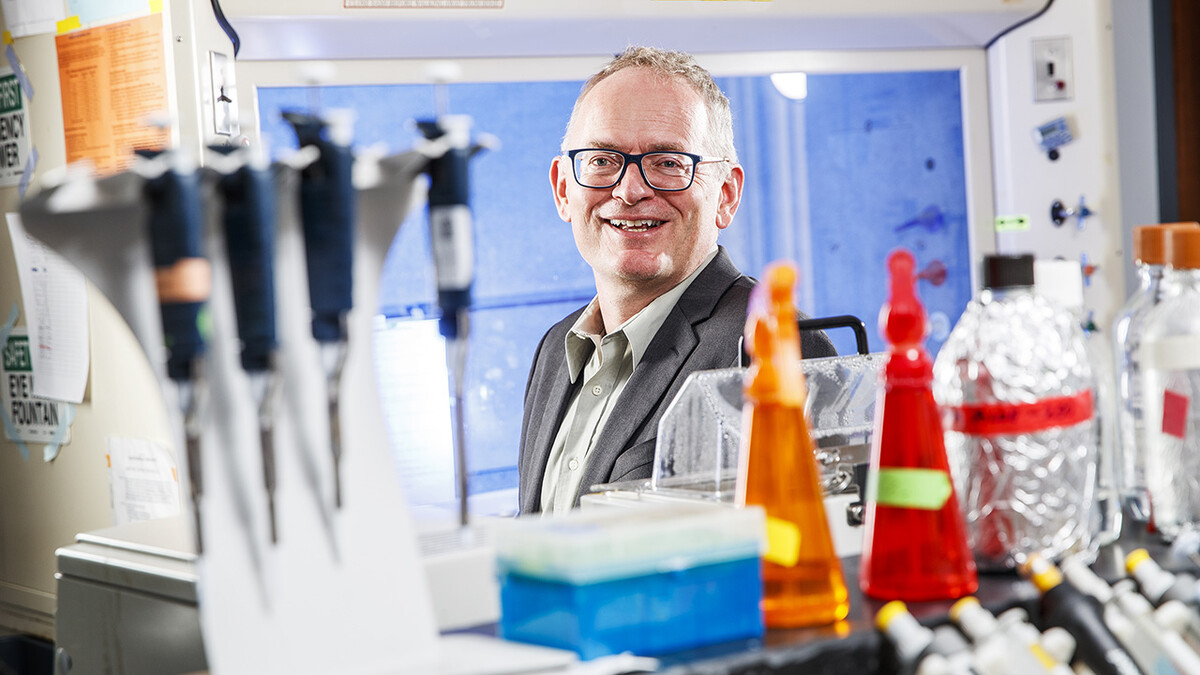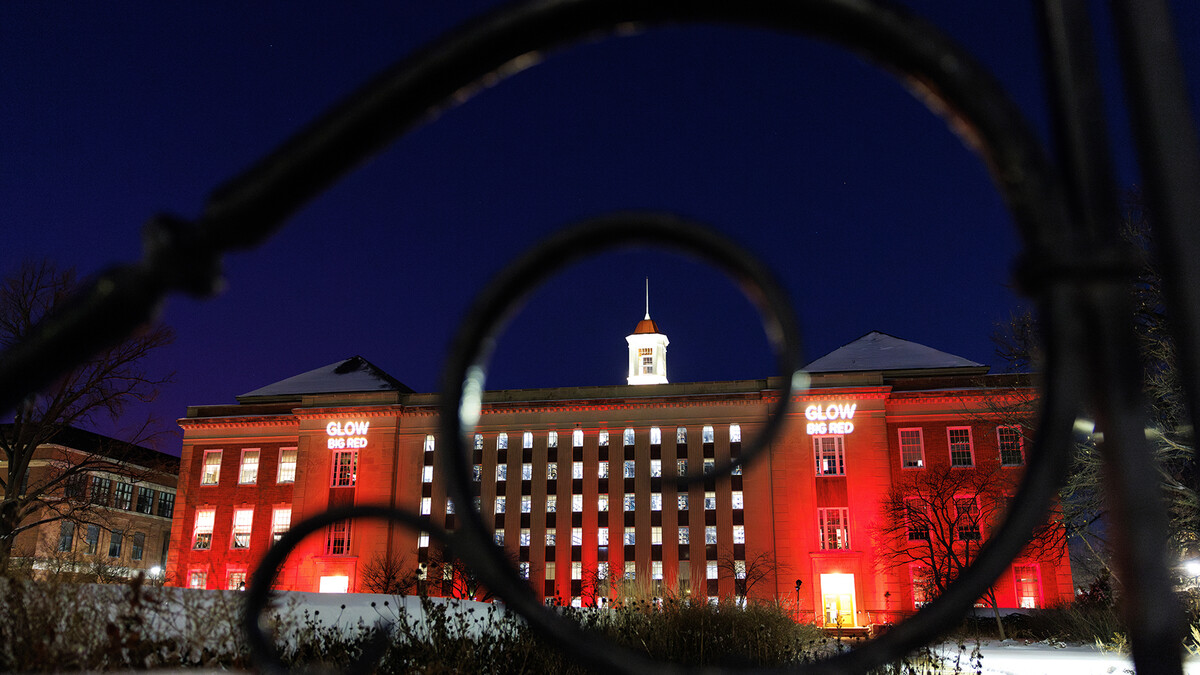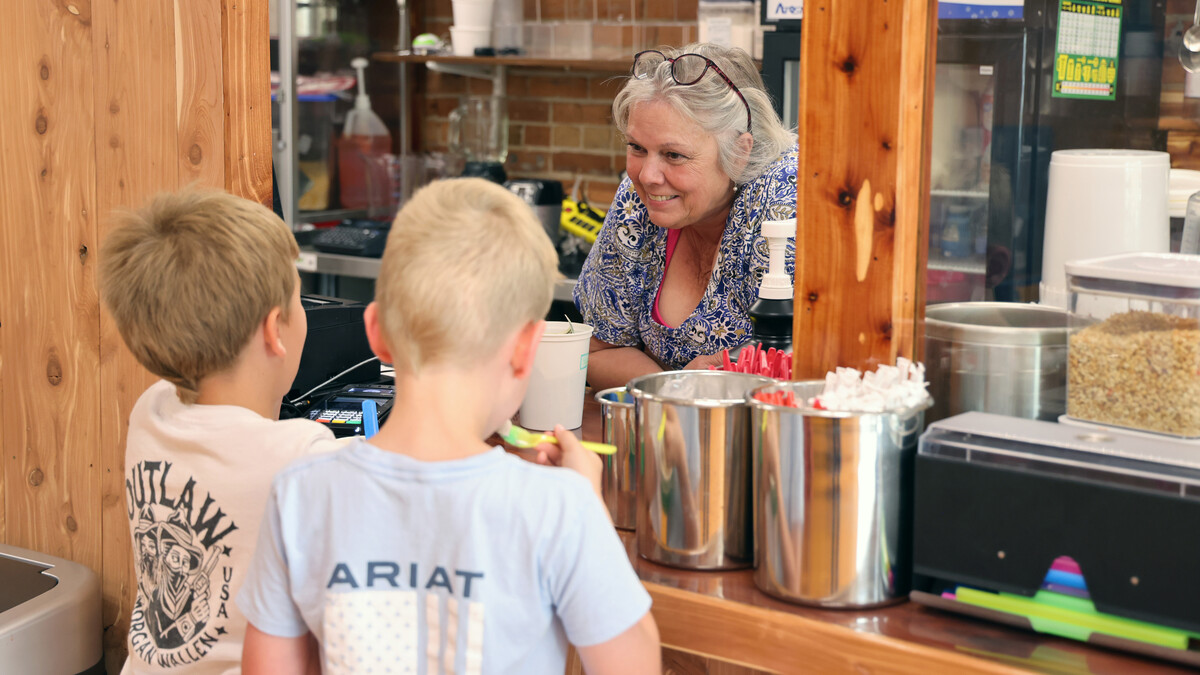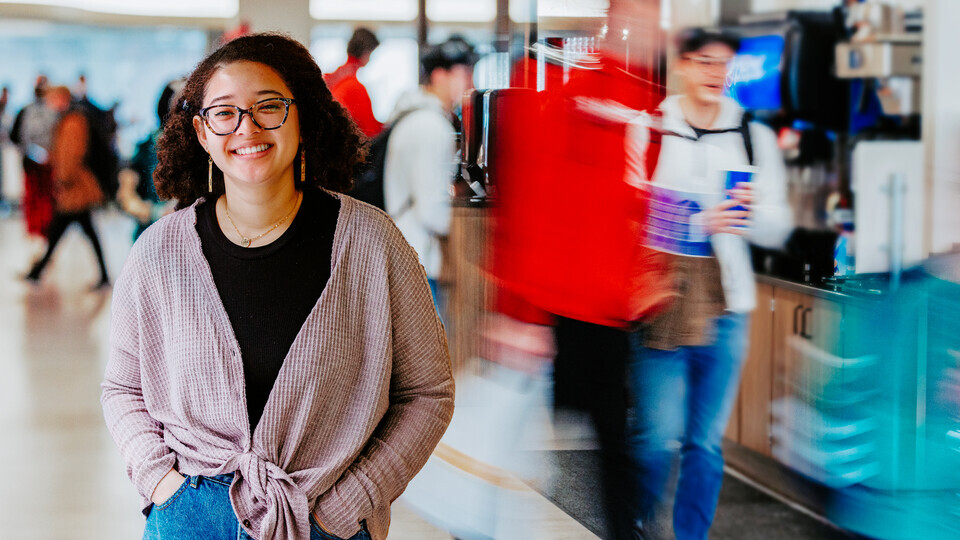
Lincoln, Neb. —Maya Tanikawa-Brown fell in love with food science through candy, but the variety of career paths and opportunities motivated her to pursue a food science and technology degree at the University of Nebraska–Lincoln.
“In elementary school, I read about candy science and fell in love with product development and creation of novel foods,” she said. “As I learned more about food science, I became enamored with the depth of the field and how diverse the avenues were. I knew that someone as indecisive as me could feel fulfilled in such a wide array of possible concentrations.”
Tanikawa-Brown, a junior from Chesterfield, New Jersey, also knew she wanted to conduct research in some capacity. She chose Nebraska because she felt immediately connected to the people in her college and department. Her discovery of the Undergraduate Creative Activities and Research Experience program was a bonus. Tanikawa-Brown and project partner Chloe Hoover, a junior majoring in management, are currently completing a UCARE project determining student perceptions of food sustainability in to-go dining options, especially Selleck Food Court, and the feasibility of implementation of proposed solutions.
Selleck, along with other Dining Services locations, have incorporated sustainable practices over the years, including the OZZI reusable containers, more recyclable packaging, microgreens grown on campus, utilization of more locally grown foods and biodigesters for food waste, but there are opportunities to do more, Tanikawa-Brown said.
“With our project, we hope to propose practical solutions for reducing food waste and improving student perceptions on food sustainability through culture building,” she said. “Many of these goals are derived from the responses we received from our undergraduate student survey. We hope to reach undergraduate student populations to accurately depict their perspectives in our evaluation of the current and future states of dining sustainability at UNL.”
By measuring student attitudes toward new sustainability practices, Tanikawa-Brown said the processes could be more readily adopted by students when chosen and implemented.
“We know that there can be apprehension with making changes to an established system, but we are hoping that our findings can be a compelling source of evidence that the solutions will be successful in the current infrastructure,” she said.
Her passion for food science may have grown out of sweet confections, but Tanikawa-Brown said she became more focused on sustainability thanks to some of the classes and interactions she’s had with both professors and campus administrators.
“Sustainability and environmentalism in their many capacities have been very important to me for a very long time,” she said. “In my freshman year Honors Seminar course, Food Systems, Diets and Climate Change taught by Dr. (Heriberto) Cerutti (professor in biological sciences) my classmates Chloe Hoover, Matthew Dahlke and I worked on a final project on food sustainability. Prompted by a conversation with the director of dining at UNL, Dave Annis, our investigation proposed solutions for common complaints of our classmates about portion sizes and recycling opportunities.
“After our presentation, Ms. Hoover and I discussed how we would love to see a practical implementation of our findings and Dr. Cerutti agreed to advise us on our UCARE application and the endeavor in general if our project were to be approved.”
Tanikawa-Brown said the UCARE experience is invaluable in her pursuit of graduate school, and it’s a unique opportunity for undergraduates at Nebraska.
“Having official undergraduate research experience helps to validate my pursuits of being a researcher,” she said. “Students can pursue research that is not always a possibility at other institutions, while having the structure and support from UCARE to make their project possible.”
Moving approximately 1,300 miles to attend college, Tanikawa-Brown said opportunities like UCARE, the Cornhusker Marching Band and involvement as a resident assistant have made Nebraska feel like a home away from home, and the mentorship she has received has helped her forge a career path.
“Do not be afraid to approach faculty or ask colleagues for their thoughts or advice on your obstacles,” she said. “You would be surprised how many people are in your corner and want to point you to resources to make you successful.”
Tanikawa-Brown shared more of her campus experiences in a recent Q&A for the university’s Medium page.
